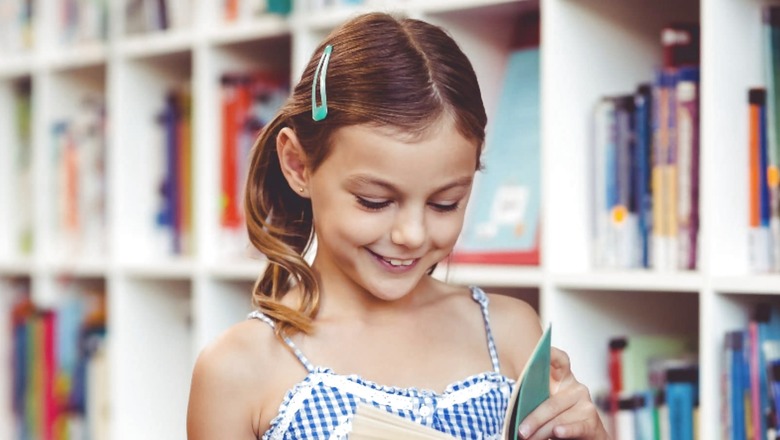
views
Are we different or do we just seem different?
Cultural ignorance can result in hurtful interactions in society.
“Why is her hair golden, curly, and feels like wool or a sponge?” one child asks.
“Yuck, why are they eating insects?” another asks as they watch a clip that has someone preparing grasshoppers for snacking.
“There are no houses in the Northeast India region and their only mode of transport is the elephants” another assures the rest at the playground.
“Whenever I ask Ajay if he wants to play, he shakes his head and then comes to play. Why doesn’t he nod to mean “yes” as we do, why does he “shake” his head which I know means “no”? Little Abdul asks in confusion.
“Why does Jeff have to count everything three times before moving on?” a baffled Rohit asks.
ALSO READ: Happy Children’s Day 2022: Bal Diwas Wishes, Images, Status, Quotes, Messages, Facebook and WhatsApp Greetings to Share on November 14
The above are just a few interactions had by children and adults from different walks of life. When we grow up in our environmental bubble, we find it hard to accept other cultures, religions, races, and practices unless we actively try to embrace them. “This is why it is important to include diversity in a child’s early years setting. With diversity education, stereotyping can be a thing of the past, compassion can be encouraged thus eliminating racism and bullying,” says Pritisha Borthakur, author.
Borthakar shares 5 reasons on why it is important to include diverse and inclusive books in a child’s early years setting.
1: Help shine the light on a beautifully diverse world
Human beings come in different shades of colour, shapes, and sizes. Inclusive books can help children embrace all these differences. It helps children learn to engage positively outside their bubbles. It can help them openly discuss the different cultures and understand that much as we may appear different, we all have red blood flowing in our veins, which makes us the same.
2: Encourages better learning opportunities
When children with varying abilities are brought together, it helps improve their learning potential. They appreciate that they are not only surrounded by other children but come to the realisation that they may be the same age group but they are beautifully different. Inclusive books also help improve children’s strengths, skills, and gifts.
3: Encourages respect for others and promotes positive self-images
Inclusive books can help encourage respect for others as they learn to accept and understand differences in humanity. They get to learn that just because Ron solves his math problems fast, doesn’t mean that Sam is slow and stupid but that he is great at drawing beautiful pieces thus making them beautifully different children with different learning capabilities. People with disabilities or with any other kind of diversity can sometimes seem different but representing them in books will make it easier for children to understand that there is nothing wrong with them and that they should be accepted the way they are. Books about disabilities and books representing disabled characters are not necessarily the same thing – but both are essential in early years education.
ALSO READ: Children’s Day 2022: 5 Interesting Gift Ideas for Your Little Ones
4: Children learn to accept themselves and embrace different people
Families come in all shapes and sizes; could be blended families, single-parent families, separated families, same-sex families, multi-racial families, families with adopted and foster kids, or families without kids. What matters is the love between family members, no matter the race, the size, or the gender. With inclusive or diverse books, children learn that being different is not a bad thing. For example, a child with two mummies or two daddies won’t feel left out because the rest of the children will be explained to about different family units. Such children will not struggle later in life with feelings when they realise that they may be into someone of the same sex.
5: Helps improve their self-confidence
Books are an effective source of communication. Inclusive books teach how important it is to embrace your differences, to be confident, to be proud of who you are, and that we have a beautiful world of uniquely different people. They learn to celebrate differences and embrace people for who they are. They enjoy a sense of belonging since they see a piece of themselves in the book. Encouraging them to embrace themselves and their new abilities by reading together is a great way to boost self-confidence.
Young children are like sponges, absorbing everything they see and hear. Thus, it only makes sense to start incorporating diversity and acceptance when they are most likely to take it in. Including diverse books in a child’s early years setting will help them learn to appreciate the beauty in those differences, develop empathy, compassion, and respect for others, and make them realise that love has no labels.
Read all the Latest Lifestyle News here




















Comments
0 comment